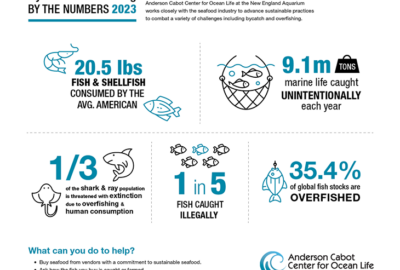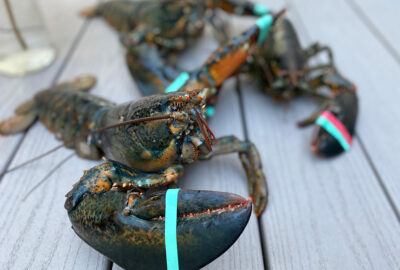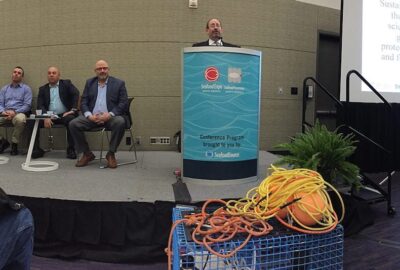Variation in behavioural responses of sub-tropical marine fishes to experimental longline capture
By Brendan S. Talwar, Ian A. Bouyoucos, Edward J. Brooks, Jacob W. Brownscombe, Cory D. Suski, Steven J. Cooke, R. Dean Grubbs, John W. Mandelman
Originally published in ICES Journal of Marine Science in October 2020

Abstract
Fishes are often caught as bycatch on longlines and subsequently discarded. The behavioural response of fishes to longline capture is poorly understood, although it may be linked to the magnitude of the physiological stress response, and, ultimately, contribute to stress-induced mortality. We used accelerometers, video cameras, and hook timers to analyse the behavioural response of 13 subtropical teleost and elasmobranch species to experimental longline capture in The Bahamas. We found that, across all species and species groups, fight intensity during a capture event was best described by a negative linear and positive quadratic response. Nurse sharks and tiger sharks had lower fight intensity values and exhibited less steepness in their quadratic response during the first 10 min of capture than other species, particularly blacktip and Caribbean reef sharks. Nurse sharks also exhibited the most consistent fight intensity during the entire capture event compared to other shark species, particularly the blacknose shark. Generally, obligate ram ventilators and mixed ventilators exhibited higher steepness in fight intensity trajectories than buccal/spiracular pumpers, which had more consistent, lower fight intensity values. Behavioural responses to longline capture are species specific but may be linked to distinct evolutionary traits such as respiratory mode.
Full Text





